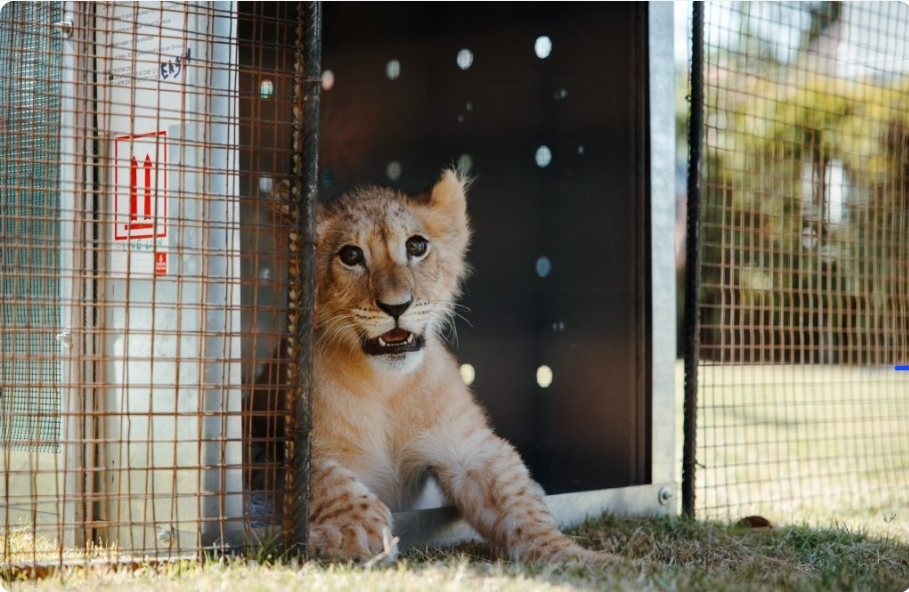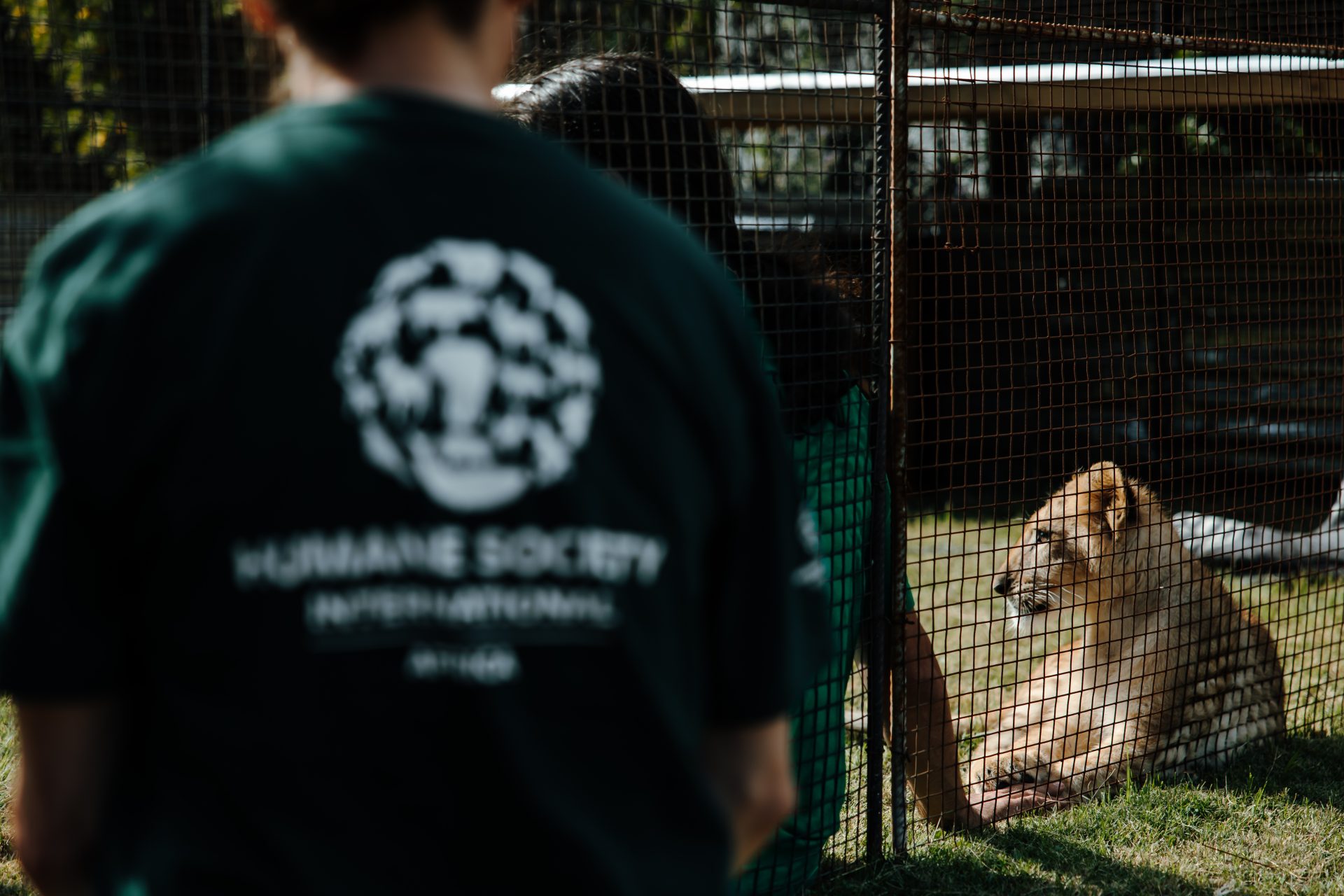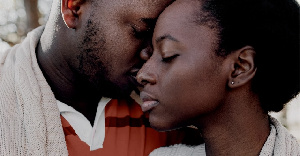From Chains to Freedom: Lion Cub Rescued from Pet Trade Finds Sanctuary

South Africa (29 April 2024) – A four-month-old lion cub named Pi has been rescued from the clutches of the illegal pet trade in Lebanon and welcomed into his new forever home at a sanctuary in South Africa.
Distressing social media videos surfaced in March 2024 showing the cub being exploited for selfies and petting in the streets of Lebanon. Pi was shown being kept chained up in poor conditions with his mouth taped shut.
Thanks to the swift action of local group Animals Lebanon and the generous support of Humane Society International (HSI), Pi’s rescue was made possible. His flight to South Africa was funded by HSI, and he was received with open arms by Drakenstein Lion Park, nestled just outside of Cape Town, where he will live out his days in peace and security.
Pi’s rescue is not an isolated incident but rather part of a broader effort to combat the rampant illegal pet trade of big cats in Lebanon. Despite laws prohibiting private ownership of lions as pets, the practice persists, fueled by the smuggling of animals across borders to satisfy the demand. Pi joins two other lion cubs, Issam and Kelly, who were also rescued from similar circumstances and now call Drakenstein Lion Park their home. This sanctuary provides a safe haven for these majestic creatures, free from the exploitation and abuse they endured in captivity.

The timing of Pi’s relocation is particularly significant, coinciding with a landmark decision by South Africa’s government to close down the captive lion breeding industry. This move marks a crucial step towards ending the cruel cycle of exploitation that has plagued these animals for far too long.
Dr Audrey Delsink, wildlife director for Humane Society International/Africa, hailed Pi’s rescue as a victory in the fight against animal cruelty. She emphasised the need for comprehensive reform to ensure that all captive big cats in South Africa are protected from exploitation.
“Pi’s ordeal in the illegal pet trade is an example of what thousands of cubs just like him endure at the hands of the captive breeding industry here in South Africa. It is heartening to know that, after many years of advocacy, South Africa’s cabinet supports an end to this cruel and exploitative industry so that these magnificent creatures will no longer be born to suffer for profit. As the Ministerial Task Team’s voluntary exit plan unfolds, and a moratorium on further lion breeding is established, numerous cubs will be saved from the clutches of profiters. However, while we commend the DFFE for its commitment to reforming this industry, we urge it to apply the ban to all captive big cats in South Africa and to include a prohibition on keeping big cats as pets.”
Shane Hart, assistant director for Drakenstein Lion Park, expressed pride in providing Pi with his forever home, where he will receive expert care and live out his days free from harm.
“We at Drakenstein Lion Park, South Africa’s oldest true sanctuary, are incredibly proud to provide Pythagoras (Pi) with his forever home. Here, he will receive our expert care for the rest of his natural life, free from exploitation and abuse. We are incredibly grateful to Animals Lebanon and Humane Society International for all of their help and effort in ensuring his rescue could take place. Pi is in an evaluation and quarantine area built to his needs while his mental wounds start to recover, and will graduate to a larger cub enclosure as soon as he is ready. Once this little warrior is no longer little, he will be moved into his full-size enclosure, his lifetime sanctuary.”
As Pi settles into his new surroundings, there are ways for individuals to support efforts to protect lions and other big cats in South Africa.
- Never visit or support any facilities that offer interaction with wildlife (such as cub petting or walking with lions), or that breed and trade wildlife. Visit wildchoices.org for further information.
- Sign HSI/Africa’s Big Cats petition to help urge the DFFE to introduce legislation that prohibits keeping tigers, lions and other big cat species as pets. This legislation should include banning public contact with all big cat species, not just lions, including keeping such species for promotional, educational or entertainment purposes, and interactive experiences like cub petting and walking with big cats. Sign here: hsi.org/bigcatssa
- Follow HSI/Africa’s social media channels (@HSIAfrica) to find shareable information about South Africa’s captive lion breeding industry and associated activities. Please share this knowledge with your friends and family and encourage them not to be a part of this exploitative trade too.






